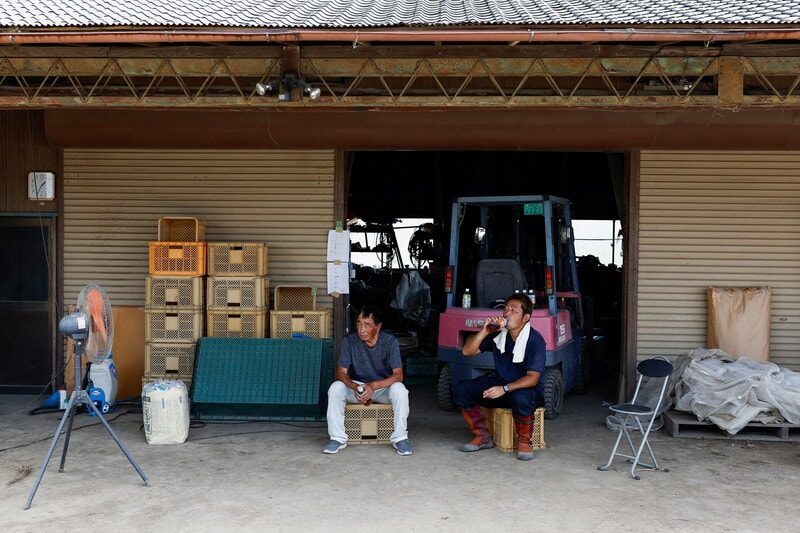
"2025 saw the third-hottest July on record, following the previous two record-breaking years. In Japan, one city in Gunma Prefecture reached an all-time high of 41.8ºC - with country-wide high temperatures expected to persist into October. Japanese policy-makers and employers are taking measures to combat heat risks to protect workers' health while sustaining business operations. As extreme heat becomes more frequent and severe worldwide, companies face growing pressure to safeguard workers' health and safety while maintaining productivity."
"The World Bank estimates that extreme heat could decrease annual GDP in heat-affected cities by 2.5% by 2050. Heat a major challenge in workplaces Extreme heat poses major challenges in workplaces. In industries that involve outdoor labour, including agriculture and construction, protecting worker health is key to maintaining both individual wellbeing and productivity. Workplace heatstroke casualties reached a record 1,257 in Japan last year, with fatalities exceeding 30 for the third consecutive year. Many cases were linked to missed warning signs and delayed responses."
"The revision mandates heatstroke prevention measures when employees work for extended periods in environments above 31°C or with a wet bulb globe temperature of 28°C or higher. Noncompliance may result in penalties for employers. More than 300 Japanese companies introduced heat countermeasures during the summer of 2025, according to CrossWork, a recruitment platform for non-office industries. These include providing free beverages and cooling jackets, as well as offering financial support during extreme heat."
Extreme heat intensified in 2025, producing the third-hottest July on record and an all-time high of 41.8ºC in a Gunma Prefecture city, with high temperatures expected to persist into October. The World Bank projects extreme heat could cut annual GDP in affected cities by about 2.5% by 2050. Outdoor industries such as agriculture and construction face serious worker-health and productivity risks. Japan recorded 1,257 workplace heatstroke casualties last year and more than 30 fatalities for the third straight year. New regulations effective 1 June 2025 mandate heatstroke prevention above specific temperature thresholds and allow penalties for noncompliance. Over 300 companies introduced countermeasures including drinks, cooling gear, financial support, subsidies, and increased use of wearable monitoring devices.
Read at World Economic Forum
Unable to calculate read time
Collection
[
|
...
]